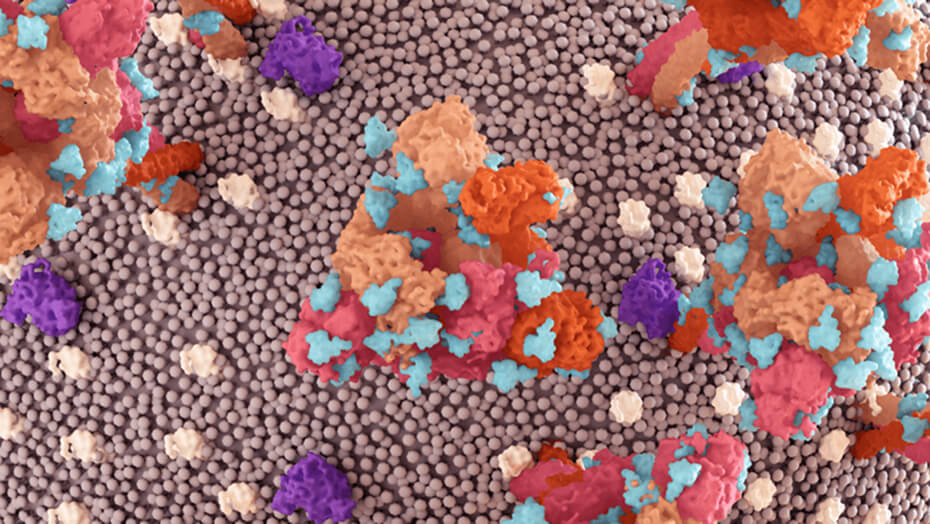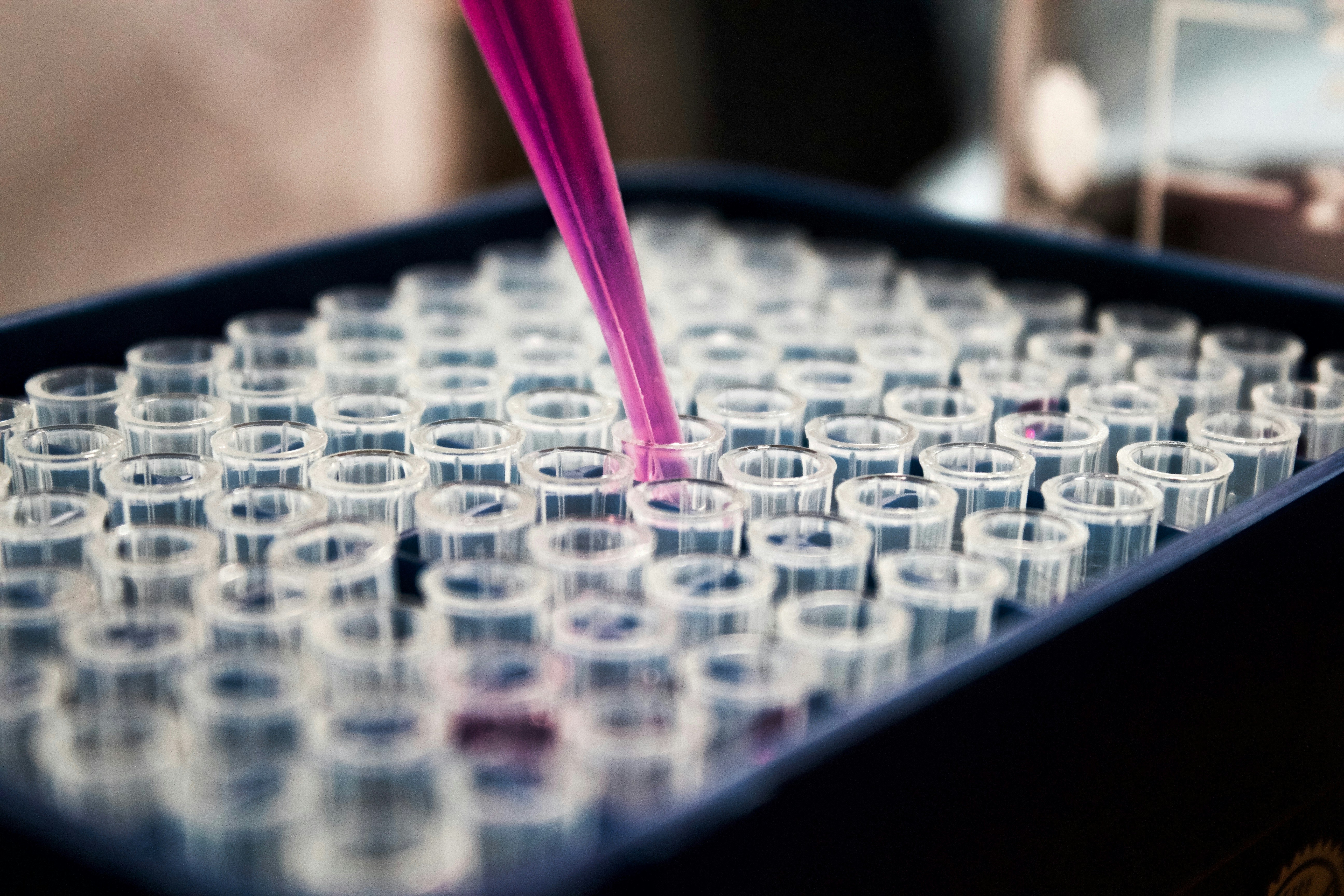The Power of Spermidine for Longevity: A Deep Dive into Its Benefits
What is spermidine good for? Explore the link between spermidine and longevity. Learn about the sources and science behind the health benefits of spermidine.
Introduction
In the quest for longevity, one compound has been creating quite a buzz: spermidine. This naturally occurring polyamine, found in all living organisms, has been linked to numerous health benefits, including the potential to increase lifespan. But what exactly is spermidine, and how does it contribute to longevity? This article will delve into the science behind spermidine, exploring its sources, benefits, and the research supporting its role in promoting a long and healthy life.
 What Is Spermidine?
What Is Spermidine?
Spermidine is a type of polyamine compound that was first discovered in 1678 by Antonie van Leeuwenhoek. It was named after semen, where it was originally found. The compound is found in living tissues and plays a crucial role in various metabolic processes, including cellular growth, proliferation and death, as well as stabilising DNA, RNA and proteins. It's also naturally present in a variety of foods, including wheat germ, soybeans, aged cheese, mushrooms, and certain fruits and vegetables.
As we age, our bodies undergo various physiological changes, one of which includes a decrease in spermidine levels, contributing to the ageing process and age-related diseases.
However, it's possible to increase the body's spermidine levels through diet and, potentially, supplementation. Our gut microbiota also produces spermidine, further emphasising the importance of a healthy gut for overall health and longevity.
How Does Spermidine Work for Longevity?
Spermidine has been found to play a significant role in promoting longevity. Its potential to extend healthspan is thought to be due to several factors:
 Inducing Autophagy
Inducing Autophagy
Autophagy is a cellular process that involves the degradation and recycling of cellular components. It's like a cleaning system that helps to maintain healthy cells by removing damaged proteins and organelles, which can lead to cellular dysfunction and disease if they accumulate.
Spermidine is a potent inducer of autophagy by activating specific proteins that help cells to clean up and recycle their components, a process that has been linked to potential anti-ageing effects.
A study published in Nature Cell Biology found that administering spermidine extended the lifespan of yeast, flies, worms and human immune cells [1]. Another study published in Science also found that spermidine could protect against age-related oxidative stress in mice [2].
The importance of autophagy in health and longevity is becoming increasingly recognised. It's thought that by helping to keep our cells clean and functioning optimally, autophagy could help to slow down the ageing process and reduce the risk of age-related diseases.
Reducing Inflammation
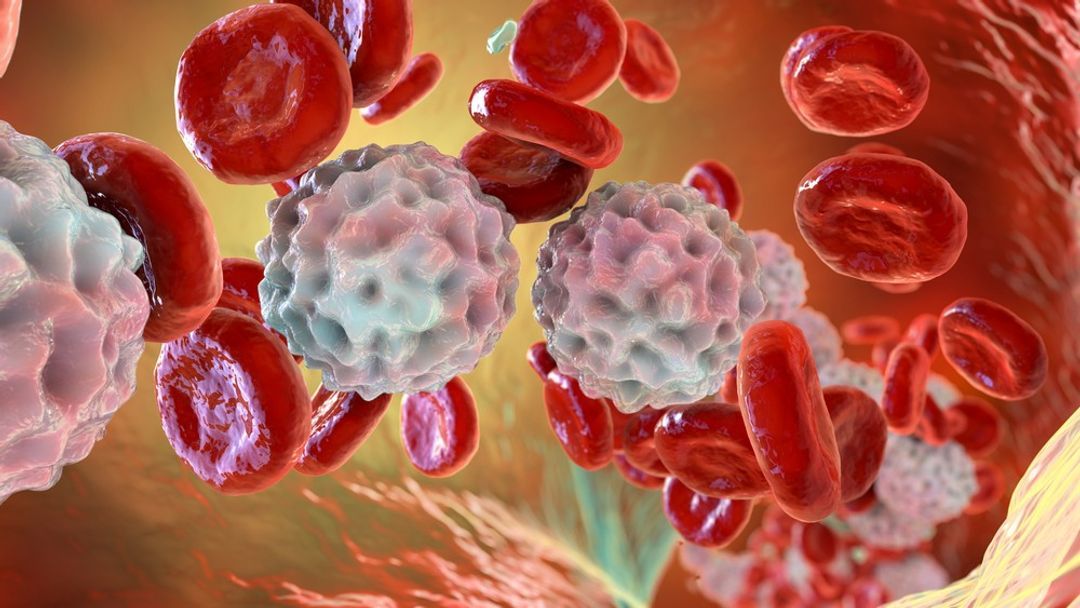 Inflammation is a natural response of the body to injury or infection. It involves the activation of the immune system and the release of various molecules, including pro-inflammatory cytokines, to fight off harmful invaders and promote healing. However, when inflammation becomes chronic, it can lead to tissue damage and contribute to various diseases, including age-related diseases.
Inflammation is a natural response of the body to injury or infection. It involves the activation of the immune system and the release of various molecules, including pro-inflammatory cytokines, to fight off harmful invaders and promote healing. However, when inflammation becomes chronic, it can lead to tissue damage and contribute to various diseases, including age-related diseases.
Spermidine inhibits the production of pro-inflammatory cytokines, such as TNF-alpha and IL-6. These proteins play a crucial role in triggering and sustaining the inflammatory response. By restricting their production, spermidine can help prevent excessive inflammation.
This anti-inflammatory effect is particularly beneficial in the context of age-related diseases, where chronic low-grade inflammation is a common feature. A 2018 study found that spermidine could suppress inflammation and oxidative stress in both macrophages and zebrafish [3].
Moreover, a 2014 study in mice found that the upregulation of polyamines, including spermidine, occurs as a result of arginine supplementation and is associated with the suppression of inflammation [4].
Protecting DNA from Oxidative Stress
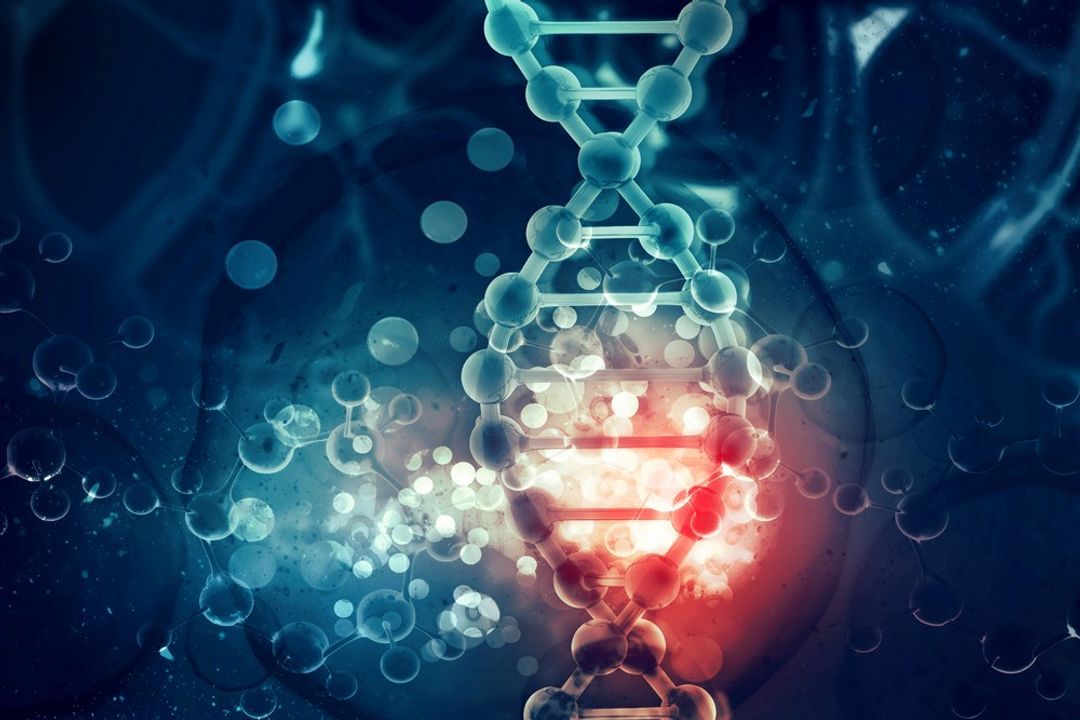 Oxidative stress is a state where there is an imbalance between the production of harmful free radicals and the body's ability to counteract their effects. These free radicals can cause damage to various cellular components, including DNA, which can contribute to ageing and age-related diseases.
Oxidative stress is a state where there is an imbalance between the production of harmful free radicals and the body's ability to counteract their effects. These free radicals can cause damage to various cellular components, including DNA, which can contribute to ageing and age-related diseases.
Spermidine has been shown to protect DNA from oxidative stress by upregulating the expression of genes involved in DNA repair. These genes produce proteins that prevent the accumulation of mutations that can lead to cellular dysfunction and disease. In addition, spermidine can also scavenge free radicals, neutralising them before they can cause damage to DNA.
Oxidative stress and the resulting DNA damage are major contributors to ageing and age-related diseases. By protecting DNA from oxidative stress, spermidine can help to maintain the integrity of our genetic material, promote cellular health and potentially extend lifespan.
Modifying the Immune Response
The immune response is the body's defence mechanism against harmful invaders such as bacteria, viruses and other pathogens. It involves various cells and molecules that work together to identify and eliminate these attacks. However, as we age, the immune response can become dysregulated, leading to an increased susceptibility to infections and diseases.
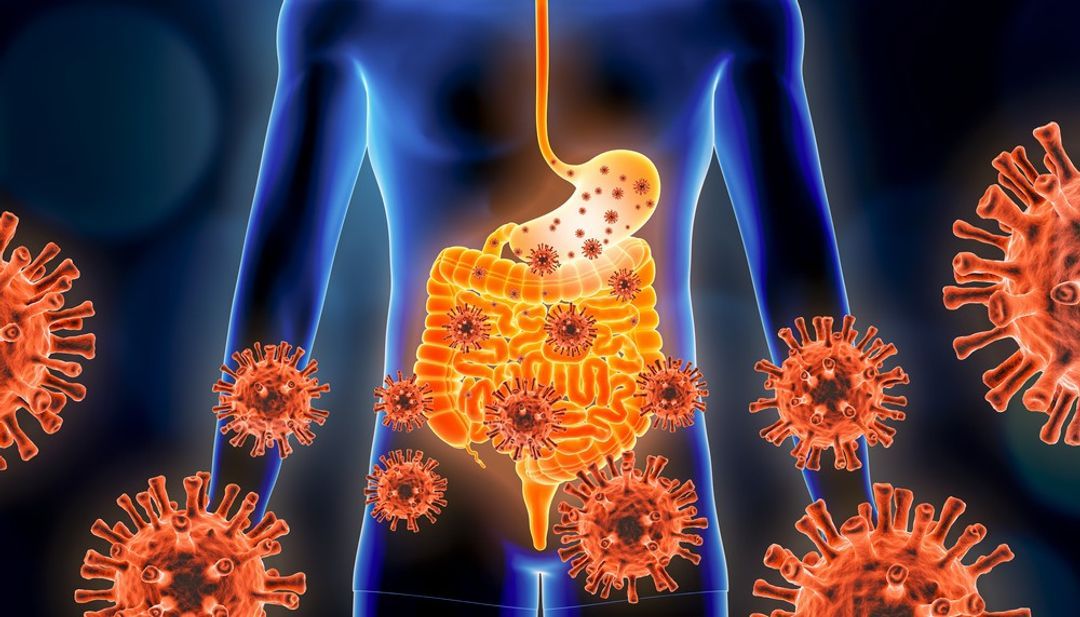 Spermidine has been found to modulate the immune response by enhancing the function of immune cells and promoting a balanced immune response. This can help prevent excessive inflammation, which can cause tissue damage and contribute to various diseases and autoimmunity, where the immune system mistakenly attacks the body's own cells.
Spermidine has been found to modulate the immune response by enhancing the function of immune cells and promoting a balanced immune response. This can help prevent excessive inflammation, which can cause tissue damage and contribute to various diseases and autoimmunity, where the immune system mistakenly attacks the body's own cells.
A study published in Nature found that spermidine could stimulate the longevity and immune response of Caenorhabditis elegans, a worm often used in ageing research [5]. Whether this could be replicated in humans remains unknown.
Another 2019 study found that downregulated insulin signalling, which has previously been associated with lifespan extension in some model organisms, changes the metabolism of certain substances, including that of spermidine, whose levels increase. This finding suggests that spermidine might exert its positive role on lifespan by partaking in the optimisation of the immune system function [6].
The Benefits of Spermidine on Health
Beyond longevity, research suggests that spermidine may offer a range of other health benefits, explored in detail below:
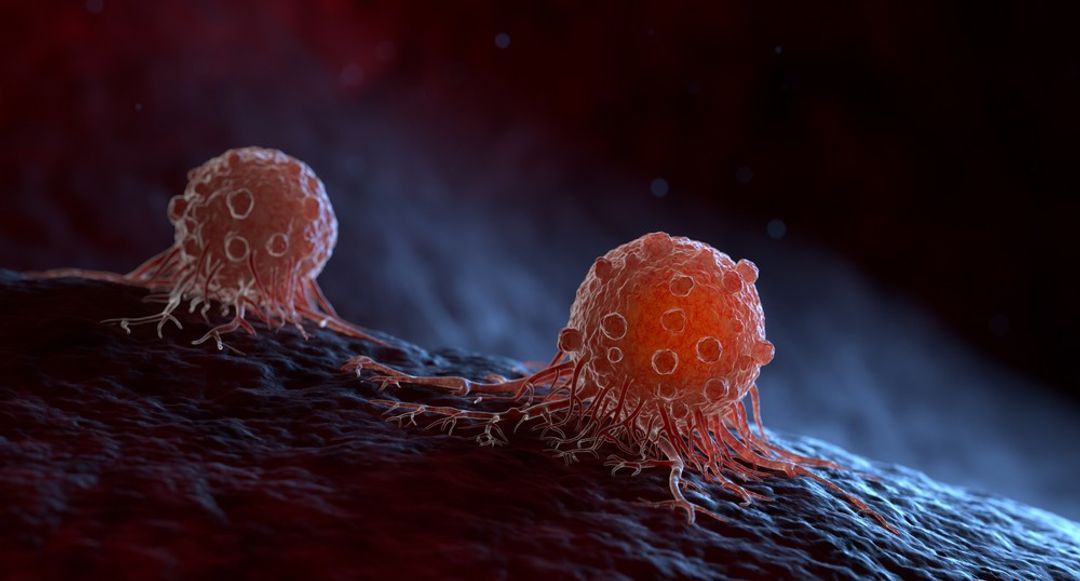 Cancer
Cancer
Cancer is characterised by the uncontrolled growth and spread of abnormal cells. It can occur anywhere in the body, leading to serious illness and death. Its development and progression involve a complex interplay of genetic and environmental factors.
Spermidine’s potential anti-cancer effects include its ability to induce autophagy and inhibit the growth of cancer cells. A study published in Molecular Cancer found that autophagy can act as a tumour suppressor in the early stages of cancer development [7].
Another study found that spermidine has protective effects against a range of diseases, including cancer, by mimicking the beneficial effects of fasting and caloric restriction [8].
Cardiovascular Diseases
Cardiovascular diseases (CVDs) affect the heart and blood vessels and include coronary heart disease and cerebrovascular disease, amongst others. CVDs are the leading cause of death globally, and their development is often associated with risk factors such as high blood pressure, high cholesterol, obesity, and smoking.
Spermidine has been found to promote cardiovascular health by improving the function of the endothelium and the inner lining of blood vessels and reducing blood pressure [9]. The endothelium plays a crucial role in maintaining vascular health and homeostasis, and its dysfunction is often the initial step in the pathogenesis of atherosclerosis, a condition where plaque builds up in the arteries.
 Neurodegenerative Diseases
Neurodegenerative Diseases
Neurodegenerative diseases involve the progressive degeneration and death of nerve cells (neurons). They include conditions such as Alzheimer's, Parkinson's and Huntington's disease, which often lead to problems with movement (ataxia) or cognitive functioning (dementia).
Spermidine has been found to have neuroprotective effects by enhancing autophagy in the brain [10].
Blood Glucose Levels
Blood glucose levels refer to the amount of sugar (glucose) in the blood. Glucose is either directly consumed from foods or is a result of carbohydrate breakdown, which your body then uses for energy. Maintaining balanced glucose levels is crucial for overall health. High blood sugar levels over a prolonged period can lead to type 2 diabetes.
Spermidine may help regulate blood glucose by improving insulin sensitivity and glucose metabolism. Insulin is a hormone that allows your cells to take in glucose for energy. Improving insulin sensitivity means that your body needs less insulin to lower your blood sugar levels, which can help prevent the development of type 2 diabetes.
Bone Strength
 The skeleton’s ability to resist injury is determined by factors such as bone density, quality, and the rate of turnover. Maintaining bone strength is crucial for preventing osteoporosis, a condition that weakens bones and makes them more prone to fractures.
The skeleton’s ability to resist injury is determined by factors such as bone density, quality, and the rate of turnover. Maintaining bone strength is crucial for preventing osteoporosis, a condition that weakens bones and makes them more prone to fractures.
Spermidine can promote bone health by stimulating the formation of new bone cells and inhibiting the activity of cells that break down bone. This balance between bone formation and resorption is crucial for maintaining bone strength.
Fertility
Fertility in males is examined by assessing sperm health, including sperm count, morphology (shape) and motility (movement). Spermidine plays a crucial role in reproductive health, particularly in sperm maturation and motility, which are key factors in male fertility.
Spermidine also plays a role in female fertility, although the exact mechanisms are not as well understood as in males. However, one study found that overexpression of spermidine/spermine N1-acetyltransferase, an enzyme involved in the metabolism of spermidine and spermine, led to decreased ovarian function and underdeveloped wombs in female mice [11]. These findings suggest that spermidine might have a role in maintaining the health of the ovaries and uterus, which are essential to a woman's fertility.
Fat Metabolism
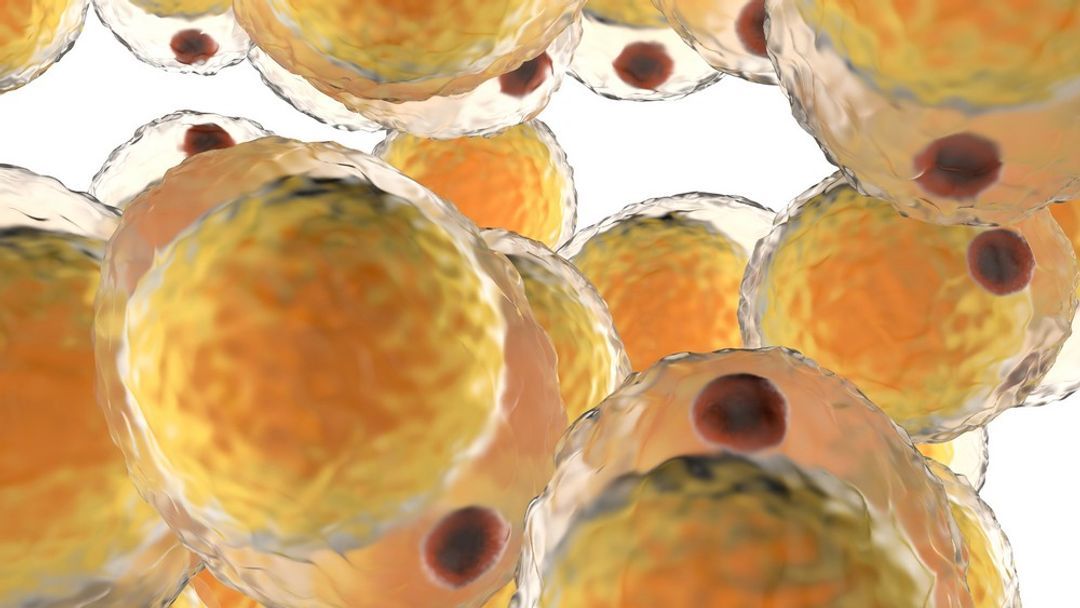 Fat metabolism involves the breakdown of fats, primarily triglycerides, into smaller molecules that the body can use for energy. It's a crucial process that helps maintain energy balance and is closely linked to other metabolic processes, such as glucose metabolism and insulin sensitivity. Dysregulation of fat metabolism can lead to obesity and related health problems.
Fat metabolism involves the breakdown of fats, primarily triglycerides, into smaller molecules that the body can use for energy. It's a crucial process that helps maintain energy balance and is closely linked to other metabolic processes, such as glucose metabolism and insulin sensitivity. Dysregulation of fat metabolism can lead to obesity and related health problems.
Spermidine can help regulate fat metabolism by stimulating the breakdown of fat and inhibiting fat accumulation. A 2015 study in mice found that increasing the activity of lipoprotein lipase, an enzyme that regulates fat uptake into fat tissue and whose activity is enhanced by spermidine, improves glucose metabolism in high-fat diet-induced obesity [12]. This suggests the potential role that spermidine could potentially have in the prevention and management of obesity. Whether this research finding could be translated to humans remains awaited.
How to Increase Spermidine Levels
Spermidine Food Sources
.  The most effective way to replenish the spermidine stores in the body that tend to decrease with advanced age is by ingesting spermidine-rich foods, which include:
The most effective way to replenish the spermidine stores in the body that tend to decrease with advanced age is by ingesting spermidine-rich foods, which include:
-
Wheat germ – one of the richest sources of spermidine. It can be added to cereals, yoghurt or smoothies.
-
Soybeans, tofu and other soy products
-
Mushrooms such as shiitake and maitake
-
Aged cheeses such as blue cheese and cheddar
-
Lentils, chickpeas and other legumes
-
Whole-grain foods like brown rice, oats and whole-grain bread
-
Nuts and seeds, including almonds, peanuts and sesame seeds
-
Fruits such as apples, pears and mangos
-
Vegetables such as green peas, cauliflower and broccoli
-
Chicken liver and other organ meats
-
Fish and seafood, including mackerel, squid and shellfish.
Spermidine Supplements
While spermidine is present in various foods, many people choose to take spermidine supplements to achieve higher levels of the compound. These can be a convenient way to increase spermidine levels, especially for those who may not get enough from their diet.
However, spermidine supplements should not replace a balanced and varied diet. It's always best to get nutrients from whole food sources whenever possible, as these foods provide a wide range of other beneficial compounds and promote overall health.
It's also important to note that taking a supplement is not a magic bullet. The science behind spermidine is complex, and it's always recommended to consult with a healthcare provider before starting any new supplement regimen.
Gut Microbiota and Spermidine Production
 Certain bacteria in the gut can produce spermidine, which can then be absorbed into the bloodstream and used by the body. Maintaining a healthy and diverse gut microbiota can, therefore, potentially enhance spermidine production.
Certain bacteria in the gut can produce spermidine, which can then be absorbed into the bloodstream and used by the body. Maintaining a healthy and diverse gut microbiota can, therefore, potentially enhance spermidine production.
This can be achieved through a diet rich in fibre, which serves as food for beneficial gut bacteria, and fermented foods, which contain probiotics that can help populate the gut with healthy bacteria. Regular physical activity, adequate hydration and avoiding unnecessary antibiotics can also support healthy gut microbiota.
Discover Your Biological Age with GlycanAge
The GlycanAge biological age test is a revolutionary tool that empowers you to take control of your health. It's not just about how many years you've lived, but how well you're ageing. This test measures your biological age at a molecular level, integrating genetic, epigenetic and environmental aspects of ageing.
As we now know, spermidine is touted for its potential longevity benefits, and the GlycanAge test can provide a benchmark for your current biological age. By incorporating spermidine-rich foods or supplements into your lifestyle, you can then track how these changes may influence your biological age over time.
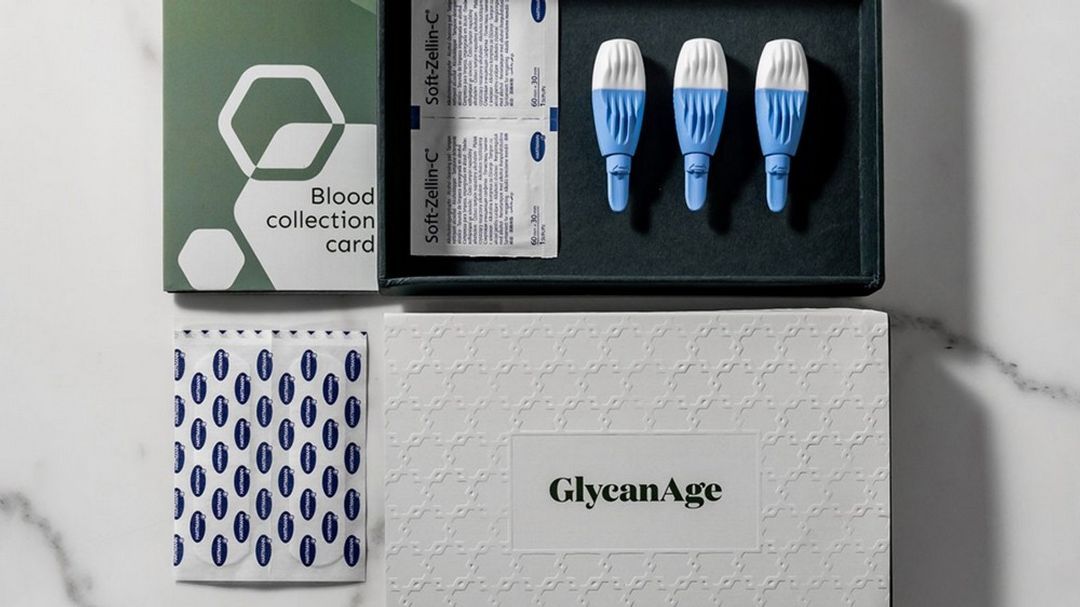
The GlycanAge test is simple and convenient. You collect a small blood sample at home and send it back to the lab. Within a few weeks, you'll receive your results and a free consultation with a specialist to help interpret them and suggest personalised lifestyle changes.
So, if you're curious about your biological age and want to explore the benefits of spermidine for longevity, why not start by ordering your GlycanAge test today?
Conclusion
Spermidine is more than just a buzzword in the world of longevity. It’s a potent compound involved in various biological processes, from inducing autophagy and reducing inflammation to protecting DNA from oxidative stress and modulating the immune response.
Its benefits extend to various aspects of health, including cardiovascular health, neuroprotection, blood glucose regulation, bone strength, fertility and fat metabolism. By incorporating spermidine into your lifestyle through diet or supplementation, you're investing in a holistic approach to longevity.
But how do we measure the impact of these lifestyle changes? That's where GlycanAge comes in. Our unique biological age test provides a benchmark for your current health status. By incorporating spermidine into your daily routine and tracking changes in your biological age with GlycanAge, you can gain a deeper understanding of your health and longevity. Start your wellness journey with GlycanAge today.
References
-
https://www.nature.com/articles/ncb1975
-
https://www.science.org/doi/10.1126/science.aan2788
-
https://www.biomolther.org/journal/view.html?volume=26&number=2&spage=146&year=2018
-
https://www.nature.com/articles/srep04548
-
https://www.nature.com/articles/s41598-018-25333-8
-
https://onlinelibrary.wiley.com/doi/10.1111/acel.13043
-
https://molecular-cancer.biomedcentral.com/articles/10.1186/s12943-020-1138-4
-
https://www.science.org/doi/10.1126/science.aan2788
-
https://www.jstage.jst.go.jp/article/circj/73/3/73_CJ-08-1102/_article
-
https://www.pnas.org/doi/full/10.1073/pnas.1206362109
-
https://www.jbc.org/article/S0021-9258(18)39045-8/fulltext
-
https://www.jbc.org/article/S0021-9258(20)56993-7/fulltext

